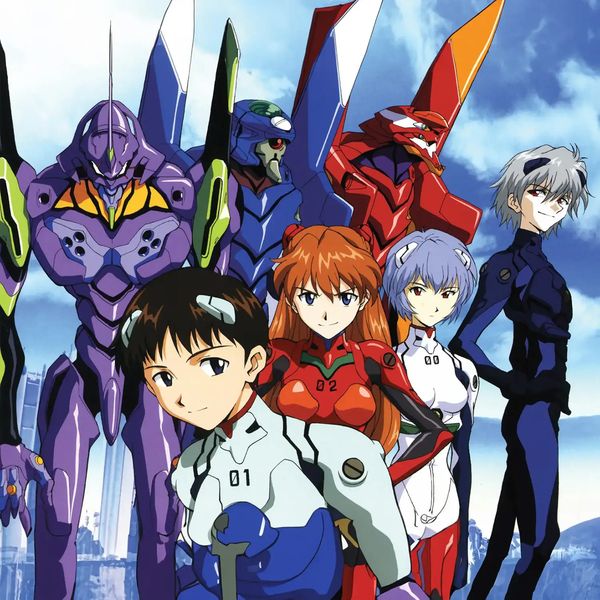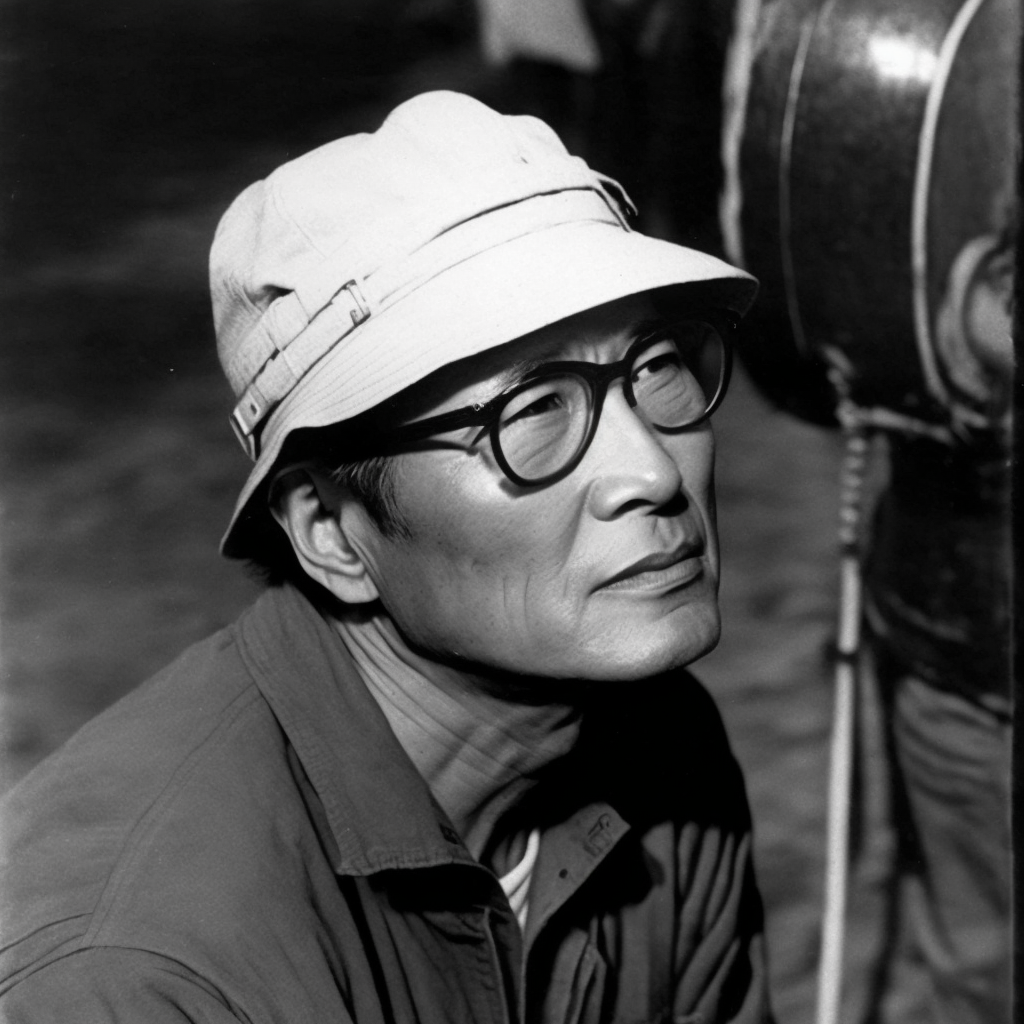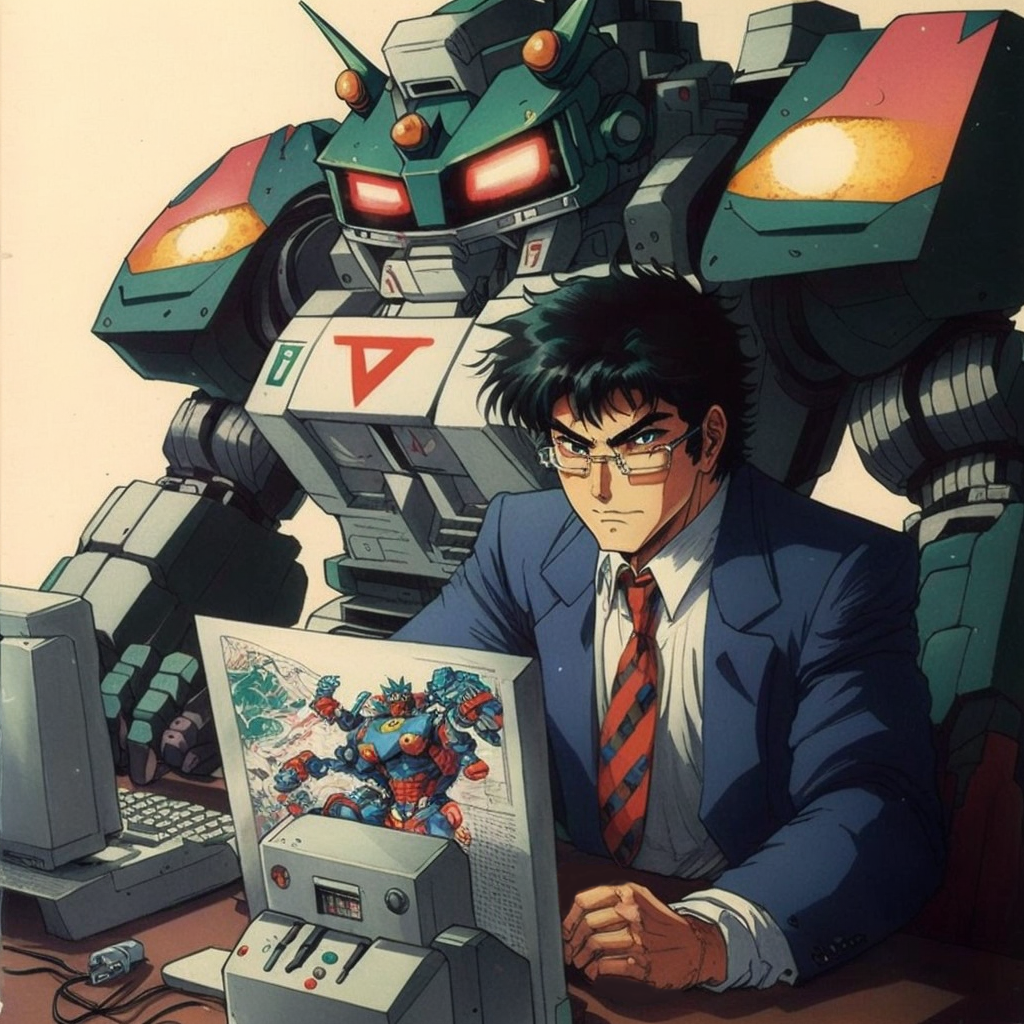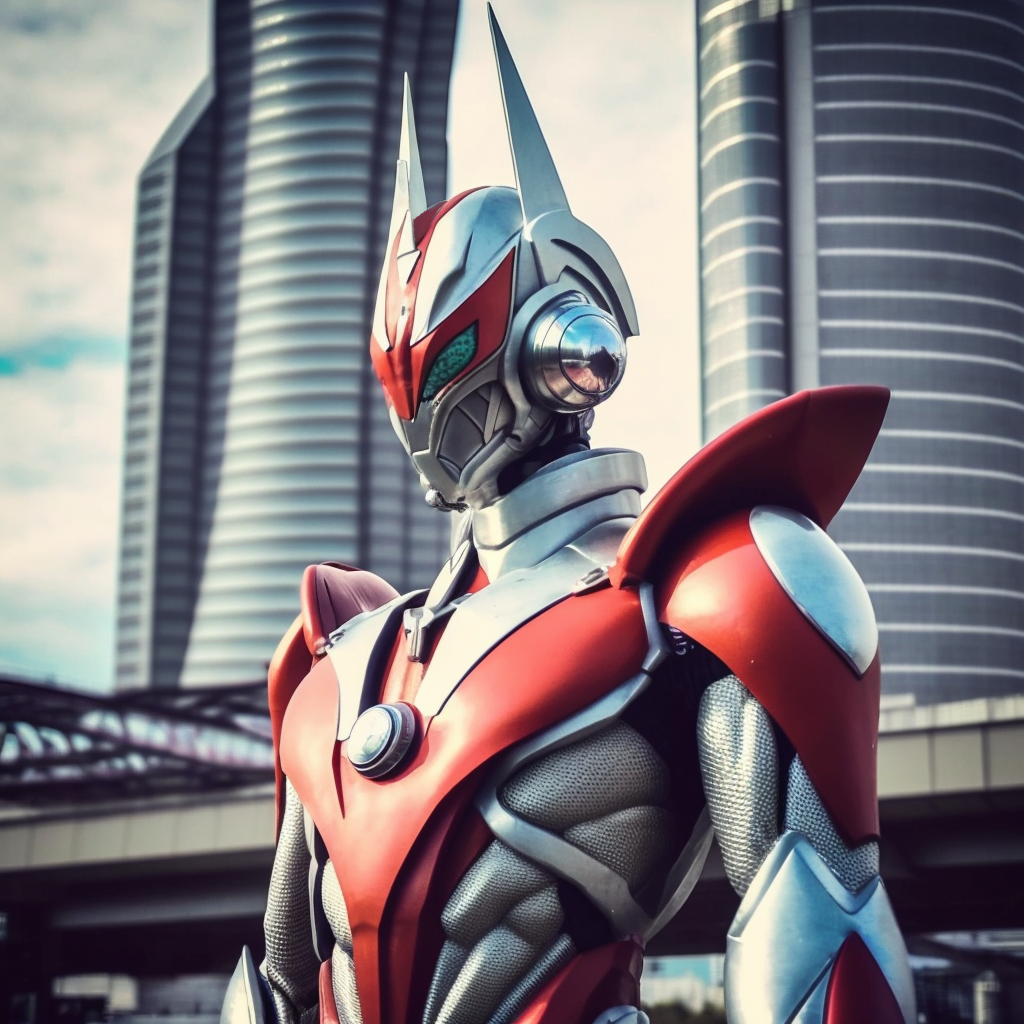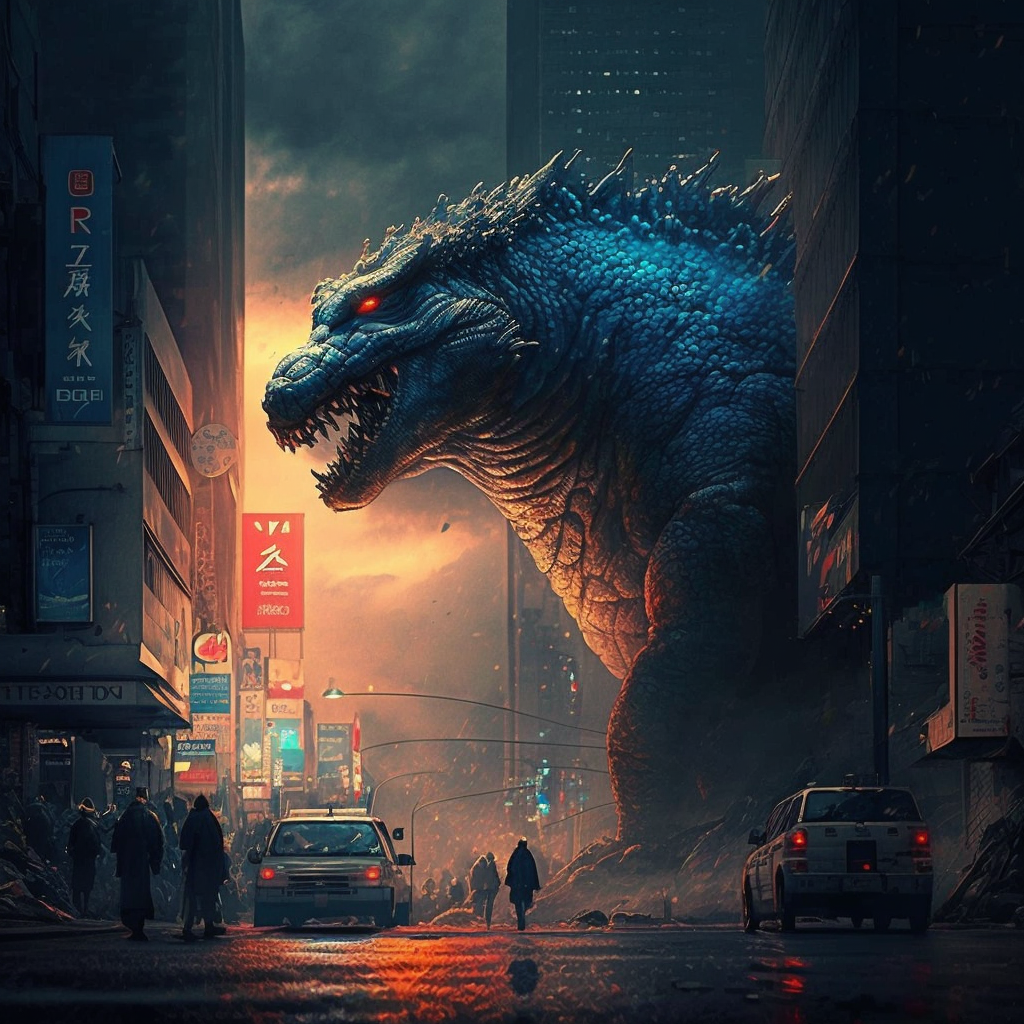In a world on the brink of collapse, where mysterious creatures threaten the existence of humanity, a secret organization called NERV does everything in its power to save Earth. However, it is not only a battle against monsters, but also a captivating dive into the human soul, its traumas and its hopes. Welcome to the complex and disturbing universe of Neon Genesis Evangelion.
History and concept:
Neon Genesis Evangelion takes place in a futuristic world overrun by titanic beings known as “Angels”. To combat this apocalyptic threat, NERV develops giant battlesuits, the “Evangelions”, that only specially chosen teenagers, called “pilots”, can control.
However, at the heart of this struggle lies a complex tangle of mysteries, government conspiracies, and existential intrigue. The protagonist, Shinji Ikari, is forcibly recruited by his own father, Gendo Ikari, to become the pilot of EVA-01. As the series progresses, the past traumas of the pilots and members of NERV come to light, leading to intense emotional and psychological struggles.
Parts:
The anime is divided into two distinct parts: the original series of 26 episodes and the film “The End of Evangelion” which concludes the story by offering an alternate ending.
Here are the main parts of the anime:
- Part 1: Neon Genesis Evangelion
- Episodes: 1 to 20
- Synopsis: The story begins with Shinji Ikari’s arrival at NERV, a secret organization tasked with fighting gigantic creatures known as Angels, using bio-mechanical fighting machines called “Evangelions.” Shinji is recruited by his father, Gendo Ikari, to pilot EVA-01, the only EVA capable of fighting the Angels. As he fights against the Angels, Shinji develops complex relationships with his teammates, including Rei Ayanami and Asuka Langley Sohryu.
- Part 2: Neon Genesis Evangelion: The End of Evangelion
- Film: 1 feature film
- Synopsis: The End of Evangelion is an alternative to the last two episodes of the television series. It explores the final events of the story as the Angels continue to attack Tokyo-3 and humanity finds itself on the brink of destruction. The film offers a more explicit conclusion to the story, while the psyches of the characters are explored in depth.
- Part 3: Evangelion: 1.0 You Are (Not) Alone
- Film: 1 feature film
- Synopsis: This part is a remake of the first episodes of the television series with visual improvements and some minor plot changes. It essentially follows the same route as Part 1, introducing Shinji and his arrival at NERV, but with a more modern treatment.
- Part 4: Evangelion: 2.0 You Can (Not) Advance
- Film: 1 feature film
- Synopsis: The second film continues the story by exploring new dynamics between the characters and introducing new EVAs and Angels. Major developments in the story change the direction of the plot from the original series.
- Part 5: Evangelion: 3.0 You Can (Not) Redo
- Film: 1 feature film
- Synopsis: This film takes a radically different turn from the original series and previous films, featuring a time jump and a post-apocalyptic world. Shinji finds himself confronted with new realities and unexpected twists and turns.
- Part 6: Evangelion: 3.0+1.0 Thrice Upon a Time
- Film: 1 feature film
- Synopsis: This final film concludes the story of Neon Genesis Evangelion. It reveals answers to unanswered questions and provides a conclusion to the characters’ emotional and psychological journeys.
Iconic characters:
In addition to Shinji Ikari and Gendo Ikari, other iconic characters include Rei Ayanami, a mysterious pilot of uncertain origins, and Asuka Langley Sohryu, a young pilot with an explosive character. Commander Misato Katsuragi, mother figure to the pilots, also plays a central role.
Cultural influence and global success:
Neon Genesis Evangelion, created by Hideaki Anno, has been acclaimed for its psychological depth, exploration of existential themes and bold storytelling. The series has generated considerable cultural impact in Japan and around the world since its release in 1995. It has been widely praised for its complexity, but also criticized for its enigmatic outcome.
The anime gained a dedicated fan base and became a global phenomenon, inspiring many other media including movies, TV series and video games. The work also spawned a multitude of derivative products, manga and novels.
Dive into a world of giant robots and mysterious creatures with Neon Genesis Evangelion. Explore the depths of the human soul, its fears and hopes, as teenagers fight for humanity’s future. A saga of heartbreaking emotions, existential intrigues and apocalyptic consequences. Find out why Evangelion has left an indelible mark on popular culture and continues to delight audiences around the world.

